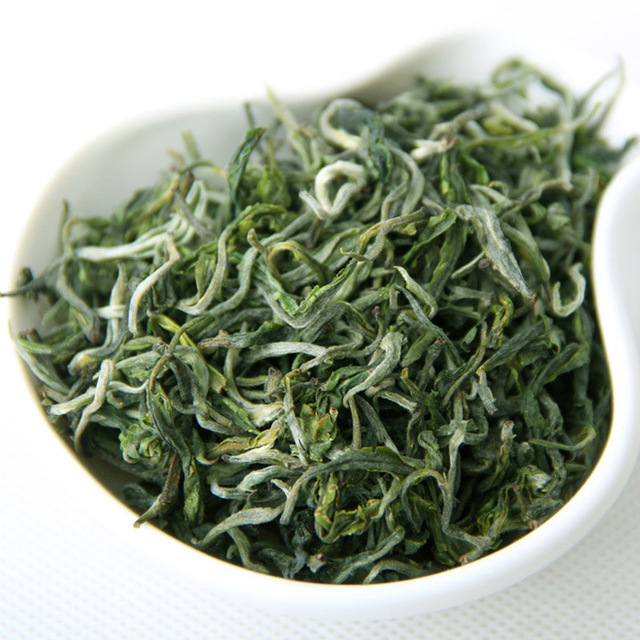Qi and blood deficiency is a common condition in the body, with various causes and manifestations, hence emphasizing daily care is particularly important. In traditional Chinese medicine theory, “Qi” is the driving force that maintains the body’s functions, keeping one’s vitality, body temperature, and resisting external pathogens; while “blood” is responsible for nourishing the entire body, acting as the foundation for the circulation of “Qi”. The harmonious interaction between the two is like the dual wheels of life that support the growth of the human body, organ function, and material metabolism, forming the basis of health.
Women are especially susceptible to the influence of Qi and blood deficiency, showing early facial wrinkles, dull skin tone, enlarged pores, frequent acne, dry and falling hair, decreased sleep quality, cold hands and feet, early menopause, etc. Observing the skin condition can self-test for the sufficiency of Qi and blood: healthy skin should be rosy-white, glossy, and elastic, without wrinkles and blemishes. Conversely, rough skin, loss of luster, abnormal color, or appearance of defects may all be signals of Qi and blood deficiency.
Qi and blood deficiency not only affects aesthetics but may also lead to organ function decline, accelerate the aging process, and trigger a series of health issues. Women may face anemia, accelerated skin aging, premature appearance of wrinkles, gray hair, loose teeth, and other phenomena. Furthermore, the imbalance of Qi and blood can increase the risk of gynecological diseases, as female physiological characteristics make them more susceptible to the influence of Qi and blood, processes like menstruation, pregnancy, childbirth, lactation may deplete Qi and blood, thereby affecting reproductive system health.
In view of the importance of Qi and blood to women, continuous tonifying Qi and nourishing blood is key to maintaining health and beauty. This is not only about pursuing external beauty but also safeguarding life quality, avoiding suffering in old age due to neglecting one’s health for a long time. Especially as women age, the deficiency of Qi and blood becomes more apparent, particularly after 25, hence timely nourishment becomes especially important.
How to effectively supplement Qi and blood? In diet, one can moderately increase the intake of the following foods: grapes rich in iron, vitamins, and various minerals, especially beneficial for the weak and anemic; citrus fruits, not only delicious but also aids in soothing Qi and widening the chest; pumpkin, known as a “wonderful blood tonic,” containing abundant plant proteins and various trace elements; lotus root, can promote the smooth flow of Qi and blood, with the added effects of invigorating spleen and calming the mind; radish has the function of promoting Qi circulation and aiding digestion; sugarcane, among the top fruits in iron content, known as the “blood tonic fruit”; rose flowers when brewed into tea can soothe the liver, regulate Qi, calm the mind; longan, rich in iron, an ideal blood supplement ingredient.
In conclusion, paying attention to and nurturing Qi and blood is of significant importance for maintaining women’s overall health and delaying aging. Having a reasonable dietary habit is one of the effective ways to supplement Qi and blood.


